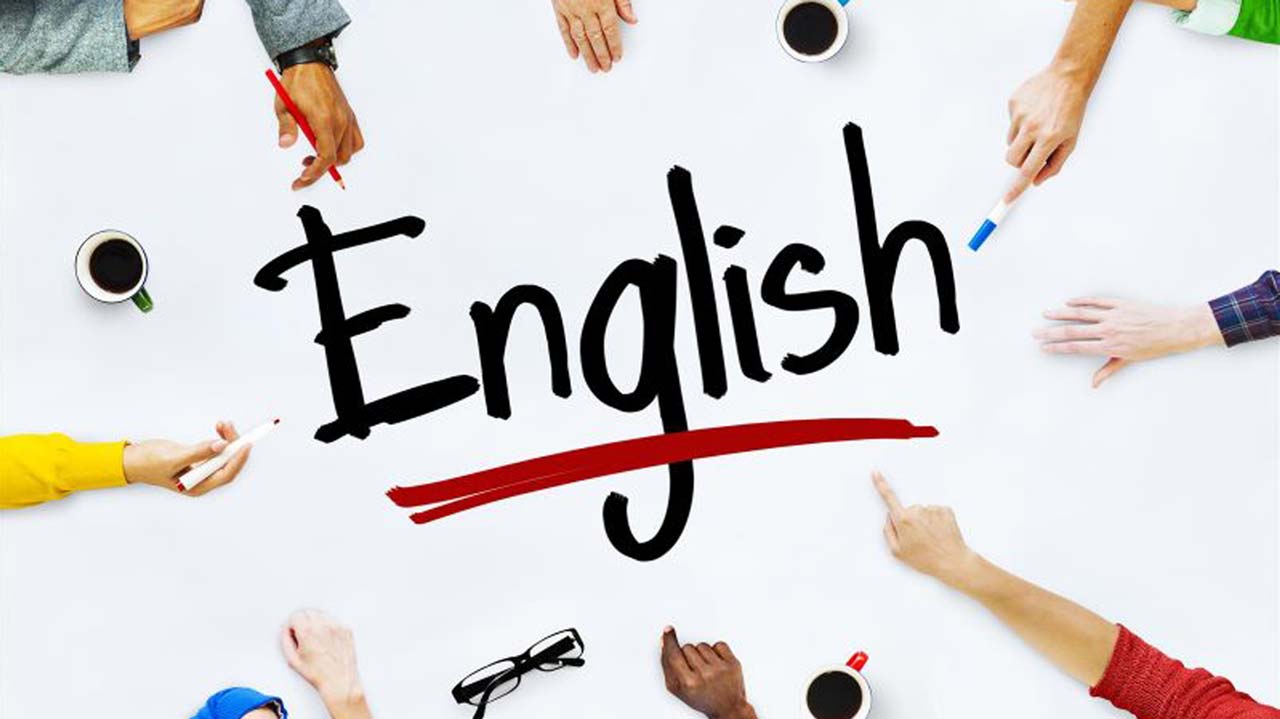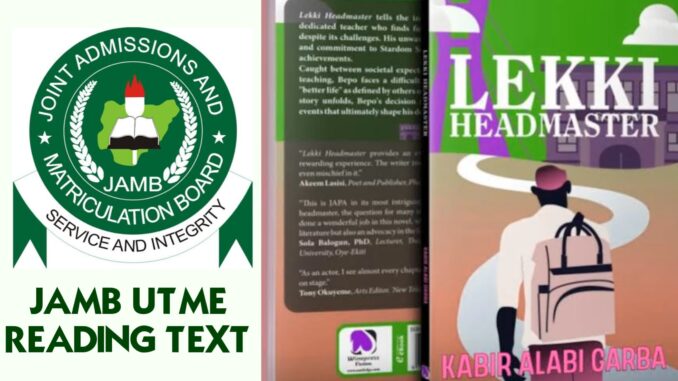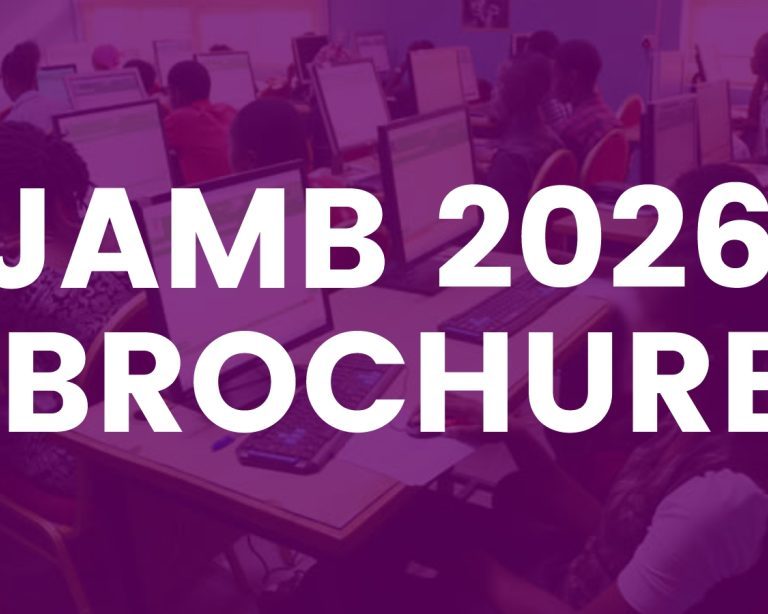JAMB English Note- Tenses
Table of Contents
- Introduction
- 1. Simple Tense
- 2. Continuous Tense (Progressive Tense)
- 3. Perfect Tense
- 4. Perfect Continuous Tense
- Summary Chart of Tenses
Introduction
Tenses in English refer to the form a verb takes to show the time of an action. The tense indicates when the action happens: in the present, past, or future. Each of these can be further divided into simple, continuous, perfect, and perfect continuous tenses.
1. Simple Tense
Structure:
- Present Simple: Subject + base verb (add -s or -es for third-person singular).
- Example: She plays tennis.
- Past Simple: Subject + past verb.
- Example: He played football yesterday.
- Future Simple: Subject + will + base verb.
- Example: They will travel to Abuja next week.
Uses:
- Present Simple:
- Describes habitual actions or routines.
- Example: She wakes up early every day.
- States general truths or facts.
- Example: The sun rises in the east.
- Expresses permanent situations.
- Example: I live in Lagos.
- Describes habitual actions or routines.
- Past Simple:
- Describes actions completed at a specific time in the past.
- Example: He visited the museum yesterday.
- Used for past habits or routines.
- Example: They always played football after school.
- Describes actions completed at a specific time in the past.
- Future Simple:
- Refers to actions that will happen in the future.
- Example: We will attend the meeting tomorrow.
- Refers to actions that will happen in the future.
2. Continuous Tense (Progressive Tense)
Structure:
- Present Continuous: Subject + am/are/is + verb (-ing).
- Example: She is reading a book.
- Past Continuous: Subject + was/were + verb (-ing).
- Example: They were eating when I called.
- Future Continuous: Subject + will + be + verb (-ing).
- Example: We will be traveling next month.
Uses:
- Present Continuous:
- Describes actions happening at the moment of speaking.
- Example: I am studying for the exam right now.
- Refers to temporary actions or situations.
- Example: She is staying at her friend’s house this week.
- Expresses future plans or arrangements.
- Example: I am meeting her tomorrow.
- Describes actions happening at the moment of speaking.
- Past Continuous:
- Describes actions that were happening at a particular moment in the past.
- Example: She was reading when I arrived.
- Refers to interrupted actions in the past.
- Example: I was sleeping when the phone rang.
- Describes actions that were happening at a particular moment in the past.
- Future Continuous:
- Describes actions that will be in progress at a specific time in the future.
- Example: At 10 p.m. tomorrow, I will be working on my project.
- Describes actions that will be in progress at a specific time in the future.
3. Perfect Tense
Structure:
- Present Perfect: Subject + has/have + past participle.
- Example: I have finished my homework.
- Past Perfect: Subject + had + past participle.
- Example: They had left before I arrived.
- Future Perfect: Subject + will + have + past participle.
- Example: By the time you arrive, we will have left.
Uses:
- Present Perfect:
- Describes actions that occurred at an unspecified time in the past, but have relevance to the present.
- Example: I have seen that movie before.
- Indicates actions that started in the past and continue into the present.
- Example: She has lived here for five years.
- Refers to experiences or achievements.
- Example: They have won three prizes this year.
- Describes actions that occurred at an unspecified time in the past, but have relevance to the present.
- Past Perfect:
- Describes actions that were completed before another action in the past.
- Example: She had finished her homework when I called.
- Used to show the order of past events.
- Example: I had already eaten when they arrived.
- Describes actions that were completed before another action in the past.
- Future Perfect:
- Refers to actions that will be completed before a certain time in the future.
- Example: By 5 p.m., I will have finished my work.
- Refers to actions that will be completed before a certain time in the future.
4. Perfect Continuous Tense
Structure:
- Present Perfect Continuous: Subject + has/have + been + verb (-ing).
- Example: She has been studying for three hours.
- Past Perfect Continuous: Subject + had + been + verb (-ing).
- Example: They had been playing for two hours when it started raining.
- Future Perfect Continuous: Subject + will + have + been + verb (-ing).
- Example: By next month, I will have been working here for two years.
Uses:
- Present Perfect Continuous:
- Describes actions that began in the past and are still continuing or have just finished.
- Example: I have been waiting for you for an hour.
- Emphasizes the duration of the action.
- Example: She has been working all day.
- Describes actions that began in the past and are still continuing or have just finished.
- Past Perfect Continuous:
- Refers to actions that were ongoing in the past up until a specific point.
- Example: They had been studying for two hours when the lights went out.
- Emphasizes the duration of a past action.
- Example: I had been reading for an hour before I took a break.
- Refers to actions that were ongoing in the past up until a specific point.
- Future Perfect Continuous:
- Describes an action that will be ongoing up until a certain point in the future.
- Example: By next year, I will have been working here for five years.
- Describes an action that will be ongoing up until a certain point in the future.
Summary Chart of Tenses
| Tense | Structure | Example | Use |
|---|---|---|---|
| Present Simple | Subject + base verb | I read every day. | Habitual actions, general truths. |
| Past Simple | Subject + past verb | She visited yesterday. | Completed actions in the past. |
| Future Simple | Subject + will + base verb | They will arrive tomorrow. | Future actions or events. |
| Present Continuous | Subject + am/are/is + verb (-ing) | I am reading now. | Ongoing actions, temporary situations. |
| Past Continuous | Subject + was/were + verb (-ing) | They were working yesterday. | Actions in progress at a specific past time. |
| Future Continuous | Subject + will + be + verb (-ing) | I will be traveling tomorrow. | Ongoing actions at a specific future time. |
| Present Perfect | Subject + has/have + past participle | I have eaten. | Completed actions with present relevance. |
| Past Perfect | Subject + had + past participle | They had left before I arrived. | Actions completed before another past action. |
| Future Perfect | Subject + will + have + past participle | I will have finished by then. | Actions completed before a certain future time. |
| Present Perfect Continuous | Subject + has/have + been + verb (-ing) | She has been studying. | Ongoing actions with present relevance. |
| Past Perfect Continuous | Subject + had + been + verb (-ing) | They had been waiting. | Ongoing actions completed before another action. |
| Future Perfect Continuous | Subject + will + have + been + verb (-ing) | I will have been working. | Ongoing future actions until a certain time. |
Class Work
1. Choose the correct form of the verb to complete the sentence:
By the time I get there, they ___________ already left.
A) have
B) had
C) will have
D) are
2. Choose the correct option to fill the gap:
She ___________ to the store when I saw her.
A) is going
B) was going
C) has gone
D) goes
3. Identify the correct tense used in the following sentence:
By next month, she will have completed her project.
A) Future Continuous
B) Future Perfect
C) Present Perfect
D) Past Perfect
4. Choose the correct verb tense:
I ___________ to the bank when I met her yesterday.
A) am walking
B) was walking
C) walked
D) have walked
5. Fill in the blank with the appropriate tense:
By the time you arrive, I ___________ my homework.
A) will finish
B) will have finished
C) finished
D) have finished
6. Choose the correct tense:
They ___________ in Lagos for five years by the end of this year.
A) have been living
B) had been living
C) will have been living
D) will be living
7. Choose the correct verb to complete the sentence:
I ___________ a book when the teacher entered the room.
A) read
B) am reading
C) was reading
D) have read







